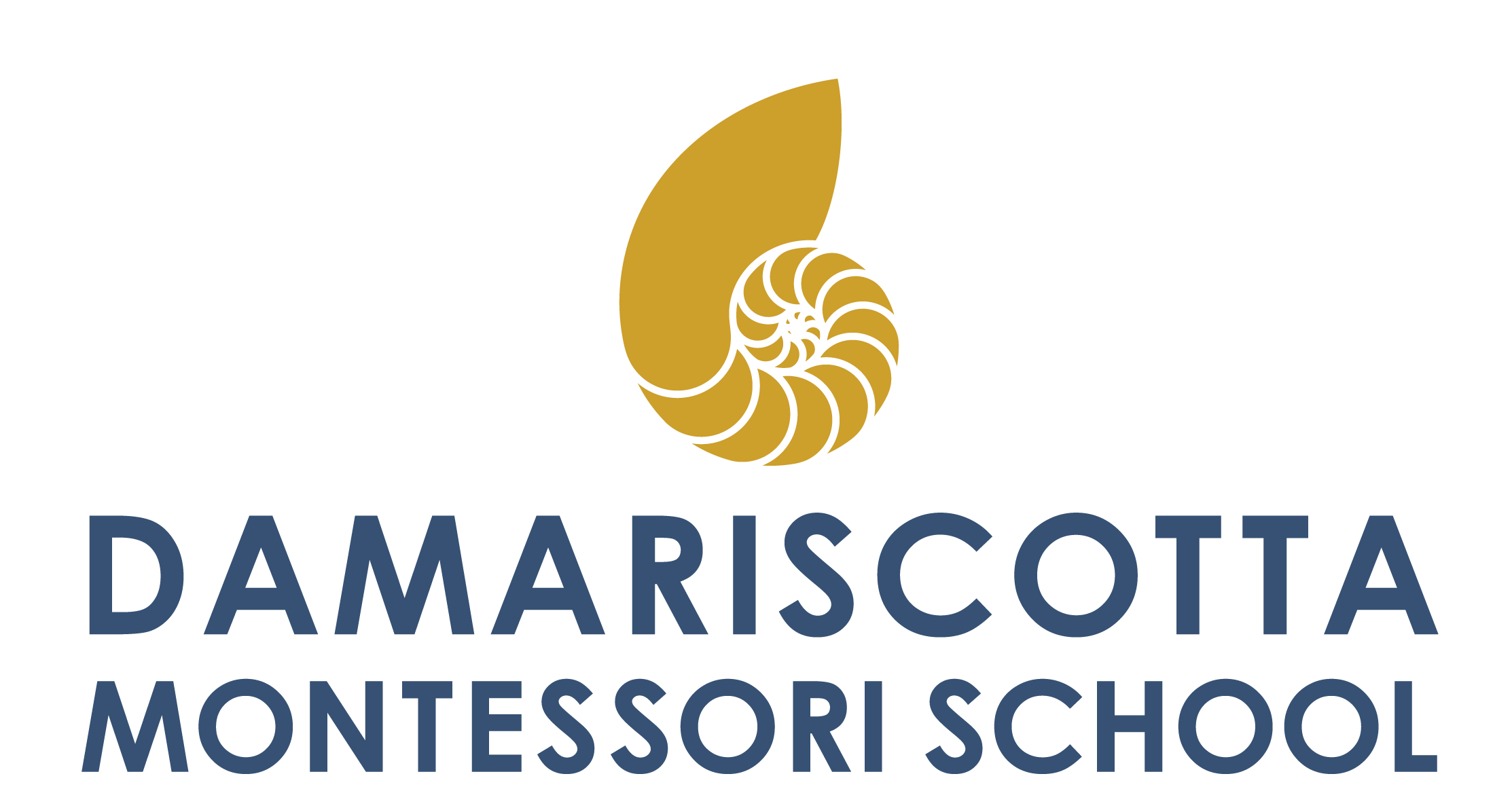Montessori Philosophy
Montessori Philosophy
Montessori education was developed at the beginning of the twentieth century, after a scientist began to notice that changes in the environment led children to achievements far greater than initially anticipated. Dr. Maria Montessori, an Italian physician, began developing her methods after having great success educating children that had been deemed uneducable by everyone else.
Dr. Montessori spent a lifetime creating and refining her methods and materials, and her work has been carried on by generations of dedicated educators around the world. Montessori schools have stood the test of time; they continue to cultivate joyful learning environments for countless children. Many families who are exploring options for their child are curious: “What makes Montessori special?”
Deep respect for the child
Multi-age classrooms
Individualized instruction
A focus on intrinsic motivation
Choice within carefully constructed limits
Hands-on materials for younger, concrete learners, with a gentle progression to abstraction for older learners
Calm, natural, and intentional learning environments
A reliance on formative assessment, which allows teachers to adjust their approach mid-lesson and meet children where they are at any given point in time.

